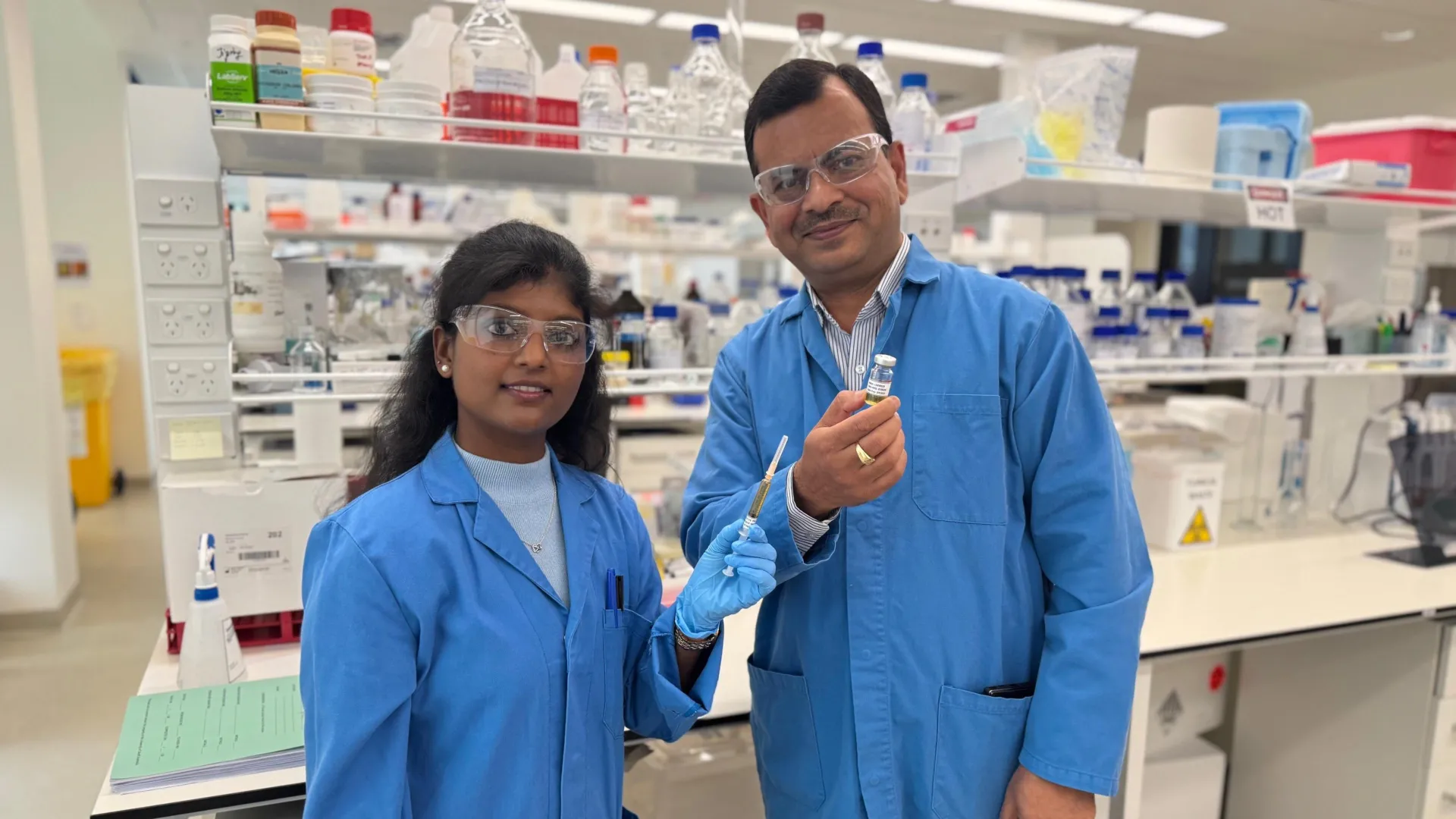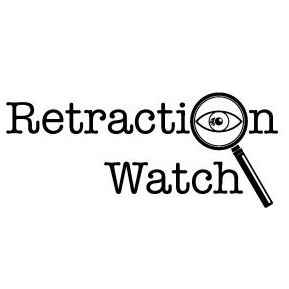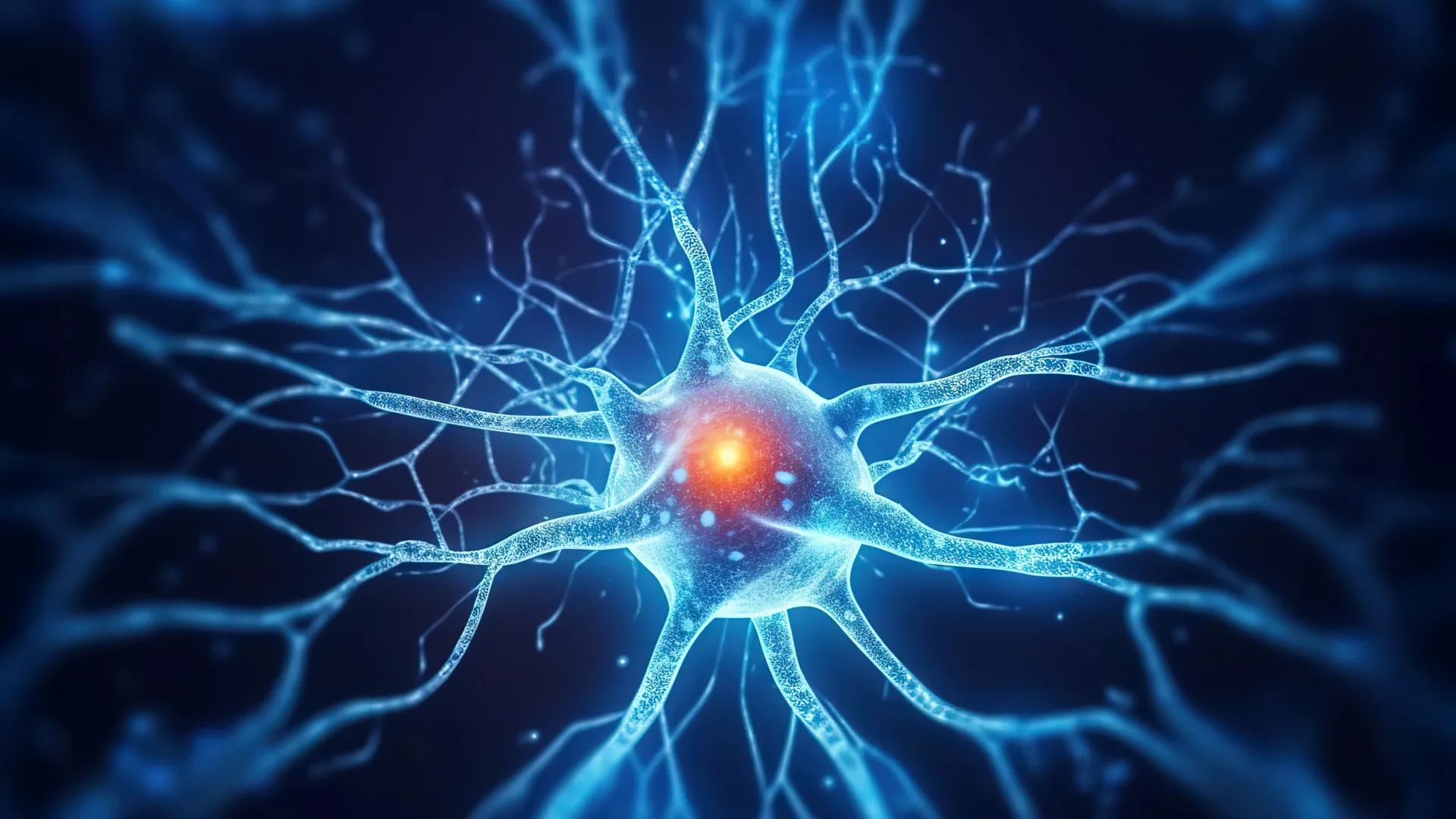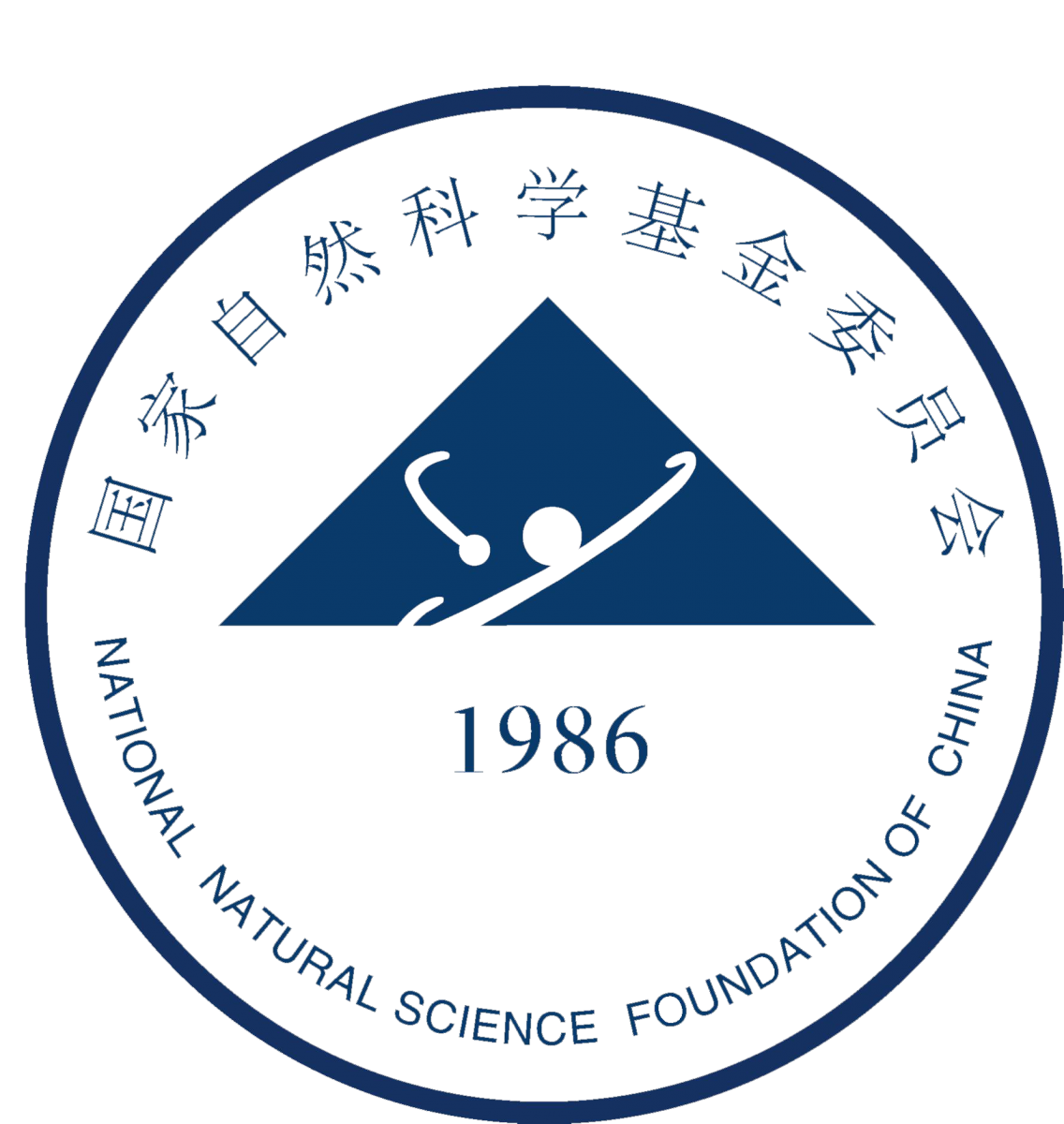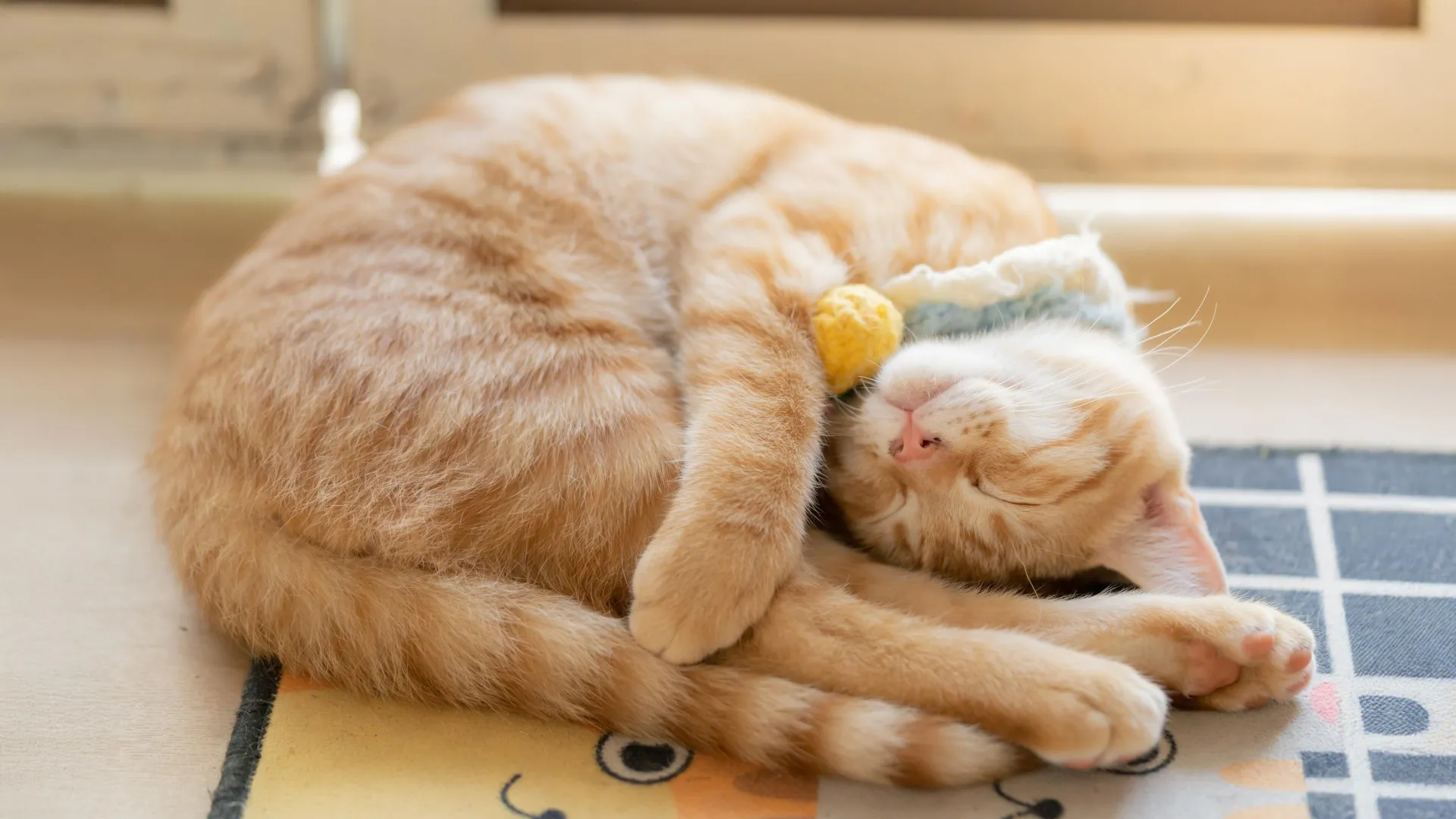A new weekly injectable drug could transform the lives of more than eight million people living with Parkinson’s disease, potentially replacing the need for multiple daily tablets. Scientists from the University of South Australia (UniSA) have developed a long-acting injectable formulation that delivers a steady dose of levodopa and carbidopa…
Science
-
-
Western publishing at a ‘breaking point’; NIH to cap publisher fees; sleuths say their work is being ‘weaponized’ – Retraction Watch
Dear RW readers, can you spare $25? The week at Retraction Watch featured: Our list of retracted or withdrawn COVID-19 papers is up past 500. There are more than 60,000 retractions in The Retraction Watch Database — which is now part of Crossref. The Retraction Watch Hijacked Journal Checker now…
-
TWA 7 b: James Webb Space Telescope Finds Its First New Exoplanet
The James Webb Space Telescope, launched in 2021 and on active duty since 2022, has gotten its legs viewing already known exoplanets but can now take credit for its first direct image of a previously unknown one. Exoplanets have been detected since 1992 when two, named named Poltergeist and Phobetor, were…
-
Happy Fourth of July?
This day, the Fourth of July, is my favorite holiday. I love it for a few reasons. I love the summer, and the warm nights that allow me to stay outside under the stars without hunching over from chill. I love that there are at least two more months of…
-
Parkinson’s reversal? One drug brings dying brain cells back to life
Putting the brakes on an enzyme might rescue neurons that are dying due to a type of Parkinson’s disease that’s caused by a single genetic mutation, according to a new Stanford Medicine-led study conducted in mice. The genetic mutation causes an enzyme called leucine-rich repeat kinase 2, or LRRK2, to…
-
Chinese funding agency penalizes 25 researchers for misconduct – Retraction Watch
In its second batch of misconduct findings this year, the organization responsible for allocating basic research funding in China has called out 25 researchers for paper mill activity and plagiarism. The National Natural Science Foundation of China, or NSFC, gives more than 20,000 grants annually in disciplines ranging from agriculture…
-
Why cats prefer sleeping on their left side—and how it might help them survive
Cats prefer to sleep on their left side. This is the conclusion drawn by an international research team that analyzed several hundred YouTube videos of sleeping cats. The researchers see this bias as an evolutionary advantage because it favors hunting and escape behavior after waking up. The team from the…
-
Slovak science academy ‘strictly condemns’ government official’s paper on mRNA vaccines – Retraction Watch
Peter Kotlár Slovakia’s national science academy has issued a strong critique of a paper on mRNA vaccines coauthored by a member of the country’s parliament. The group called the work “insufficiently detailed” and “lacking controls,” with data that “may be misleading” and conclusions “not supported by sufficiently robust data.” Peter…
-
When Deer Attack
Dangerous animals (truly) in a suburban backyard. Credit: Laura Helmuth I witnessed a minor Drama in Real Life the other day while biking along the Western Maryland Rail Trail. Several deer were foraging by the side of the trail as I passed them, then I heard a bang and a…
-
Galactic mystery: Why massive stars struggle to form in the Milky Way’s center
New research led by Dr. James De Buizer at the SETI Institute and Dr. Wanggi Lim at IPAC at Caltech revealed surprising results about the rate at which high-mass stars form in the Galactic Center of the Milky Way. The researchers based their study primarily on observations from NASA’s now-retired…

